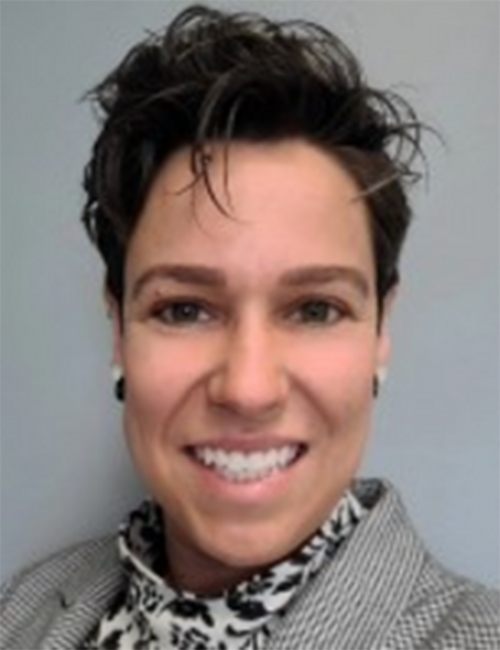Meet Sarah “Obey” Aube, an Indigenous Health and Safety consultant with a passion for training local Indigenous communities in remediation practices and the safety training to work on contaminated lands. After working in the Arctic Circle to remediate cold war military installations, Detection Early Warning (DEW) lines and other various remote communities she has dedicated her career to promoting the health and well-being of Indigenous communities, and has a deep understanding of the unique challenges and needs faced by these communities.
With Sarah’s 15+ years of knowledge and experience in Health and Safety, she is able to provide expert guidance and support to Indigenous communities as they work together to clean up and remediate their lands. Sarah is committed to empowering local communities to take control of their own health and safety, and works closely with community leaders to develop custom training programs that are tailored to the needs of each project within their community.
In addition to her work in Health and Safety, Sarah is also a strong advocate for Indigenous rights and works to promote the recognition and protection of Indigenous cultures, their traditional land use, and the ongoing National Action Plan for MMIWG and other gender minority. As a founder of the nonprofit “One Ubrella,” her collaboration with remediation experts, risk management specialists, and other environmentalists aim to provide support to indigenous students, first and foremost through monetary grants/bursaries and then through mentorship, onsite hands-on learning. Sarah champions the duty to consult, ensuring the bright local talent and leadership leads the way to building a better future for Indigenous communities and to help create a more sustainable and healthy world for all. With remediation on the rise, Sarah’s key objective is keeping local talent “work ready” with safety training tickets up to date to be able to support any work in the area. Ensuring project funding returns to the pockets of the community members who were affected by the installation, the contamination or abandonment and now remediation.
Sarah specifically advocated for the responsible development of resources around waterways, and is a participant in PRIA (Plastic Research in Action), in keeping polyethylene/polypropylene microplastics from our waterways.

In the spirit of respect, reciprocity, and truth, we acknowledge that we live, work, and gather on the traditional territories of the peoples of Treaty 7, including the Blackfoot Confederacy—comprising the Siksika, Kainai, and Piikani Nations—as well as the Îyâxe Nakoda and Tsuut’ina Nations.
This land, known as Moh’kinsstis in the Blackfoot language and encompassing what is now Districts 5 and 6, is also home to the Métis Nation of Alberta, Region 3, within the historical Northwest Métis homeland.
We recognize and honour the deep connection these Nations have to the land, and we are grateful for the opportunity to share in its stewardship.
As we continue our work, we commit to learning from Indigenous knowledge systems, uplifting Indigenous voices, and fostering relationships rooted in equity, understanding, and reconciliation.